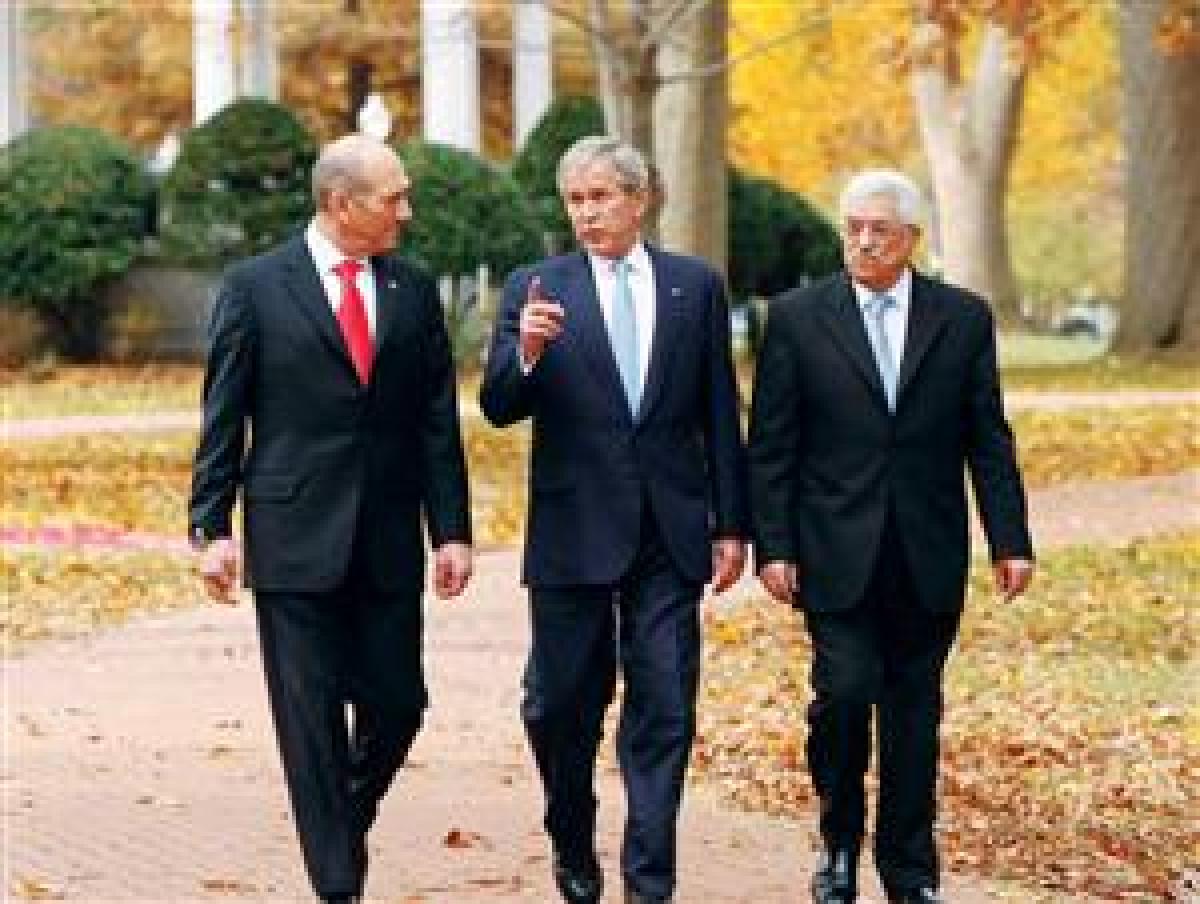The Sword and the Olive Branch
I feel confident you'll find this month's Proceedings, our annual Surface Warfare issue, bubbling over with fresh ideas and perceptive commentary. We lead off with Lieutenant Daniel Hancock's unusually provocative essay, "The Navy's Not Serious about Riverine Warfare" (page 14). His article raises important issues in a thoughtful, well-reasoned manner, a hallmark of the best Proceedings features.
Navy Secretary Donald Winter's recent cancellation of the third and fourth littoral combat ships caused questions to surface about the future of the program as well as the prospect of achieving the oft-stated goal of a 313-ship Navy. Retired Navy Reserve Commander Otto Kreisher, a veteran military correspondent, looks into the issue and provides answers (page 20).
In a related piece, Coast Guard Captain James Howe weighs in with an innovative idea that could ease the problem. See "Now Hear This" (page 10).
The recently unveiled maritime strategy assigned a new core mission to the Navy—humanitarian assistance/disaster relief. In "A Great White Fleet for the 21st Century," a trio of authors at the Naval War College proposes an imaginative plan to carry out that assignment (page 26).
As usual, we give readers a breather from the weightier material in Proceedings. This month Chef Adam Weiner tells us about a Navy program in which he and his fellow chefs go on board ships and teach cooks the tricks of the trade. See "The Coconut Chicken Chronicles" (page 40).
The U.S. Naval Academy, on whose grounds the Naval Institute make its home, took center stage in late November when representatives from 44 nations convened to try still again to put the Israelis and the Palestinians on the path to a durable peace. The one-day Annapolis Conference closed on a hopeful note, as have so many other such gatherings, with the two sides expressing determination "to bring an end to bloodshed, suffering, and decades of conflict between our peoples."
We won't know for some time if anything of real value in the search for peace was achieved here. The blood-soaked Middle East has long since ceased to be predictable, and far too many pledges of good will remain unredeemed. But we can be hopeful that something less momentous, but still important, transpired as delegates took their seats in Memorial Hall, the most hallowed space in the gargantuan edifice known as Bancroft Hall.
If we are lucky, the Annapolis Conference, by virtue of its presence in their midst, will inspire midshipmen—along with Academy officers and their brethren throughout the naval service—to recognize that their futures may be determined as much by cultural issues as by military ones. And that realization may well give rise to efforts by young officers to become more culturally aware, through education, personal reading and observation, and duty preferences.
Laura D. Johnston, acquisition editor for the Naval Institute Press and former Proceedings Associate Editor, joined the international press corps for the event. In discussing a possible legacy of the conference, she said the talks offered a reminder to midshipmen and their uniformed instructors that many in our officer corps will be called on "to wield both an olive branch and a sword as leaders in the Fleet."
Some bad intel has been floating around among our members and supporters regarding the status of the USNI Essay Program, in particular the Arleigh Burke (General Prize) Essay Contest, which dates back to 1879. The rumor is that we have abolished it. That is not true and has never been true. On the contrary, we are in the process of raising funds for a greatly expanded essay program.
"Our goal is to endow each (contest) with $20K split between four prizes for each contest—1st prize $10K," CEO Tom Wilkerson recently told the Institute staff in an all-hands email. He went on to say that a major attempt is being made to increase participation by prodding the various service schools to compete in the contests.



